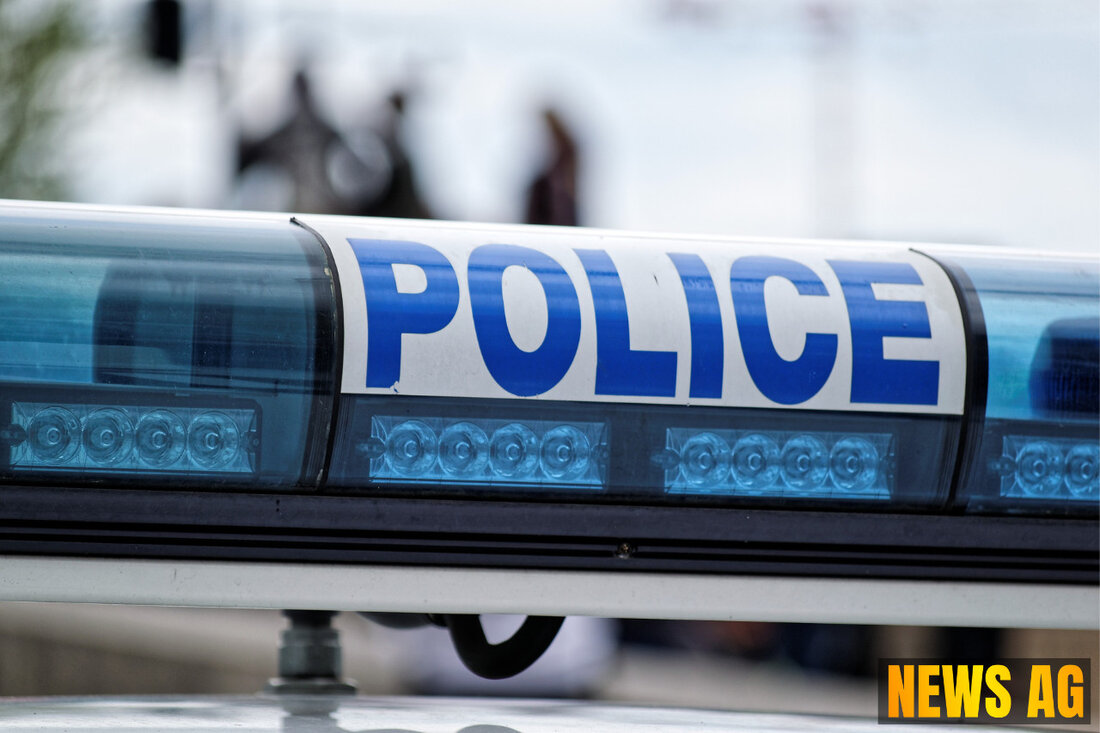Riviera Beach Police Major Arrested for DUI: What’s Next?
Major Travis Walker of Riviera Beach Police was arrested for DUI early Saturday on I-95, now under administrative leave.

Riviera Beach Police Major Arrested for DUI: What’s Next?
Riviera Beach has found itself at the center of controversy following the recent arrest of Major Travis Walker from the Riviera Beach Police Department. On Saturday morning, during a traffic stop conducted by the Florida Highway Patrol on I-95, Walker was nabbed for driving under the influence at approximately 2:05 a.m., just north of 10th Avenue North. This incident raises significant questions about accountability within the police force, especially given the current climate around law enforcement practices.
Police Chief Michael Coleman confirmed that Walker has been placed on administrative leave, relinquishing his city vehicle and equipment. He was booked on charges of DUI and unlawful blood alcohol levels, subsequently released on a cash bond later that same morning. A court arraignment is scheduled for September 16, leaving the community watching closely as events unfold.
Context on Police Accountability
The situation in Riviera Beach is not isolated. The Police Scorecard reveals a national reckoning on policing practices. It underscores the urgent need for transparency and accountability, especially in regions where police misconduct complaints rarely favor civilians. Communities grappling with high rates of low-level arrests may benefit from alternatives, while those with fewer arrests but excessive use of force require stricter policies to ensure accountability.
In light of Walker’s arrest, it’s crucial to consider the broader implications of police conduct. High-profile cases like those of George Floyd and Breonna Taylor have ignited protests against police brutality and racial injustices. As noted by Brookings, structural racism and inconsistent accountability processes contribute significantly to the challenges faced by police forces across the nation.
A striking statistic reveals that a Black person is killed by police approximately every 40 hours in the U.S., and notably, Black individuals are 3.5 times more likely to be killed by police if not attacking or armed. These issues underscore the importance of instituting independent oversight and accountability measures that can genuinely enhance public trust in law enforcement.
Moving Forward
Walker’s arrest presents an opportunity for reflection within the Riviera Beach community and beyond. It highlights the necessity for continuous dialogue around police accountability and reform. Historical practices have shown that merely implementing body cameras has often fallen short in enhancing accountability. Engaging in a market-driven approach to police accountability may be one method to identify and remove problematic officers, ensuring that those in positions of power can be held accountable.
As the court date approaches, residents and officials alike are left pondering the question: what does true accountability look like in a community that deserves better? The collaboration of local leaders, citizens, and independent organizations will play a significant role in shaping the future of policing in Riviera Beach and other affected areas.

 Suche
Suche
 Mein Konto
Mein Konto